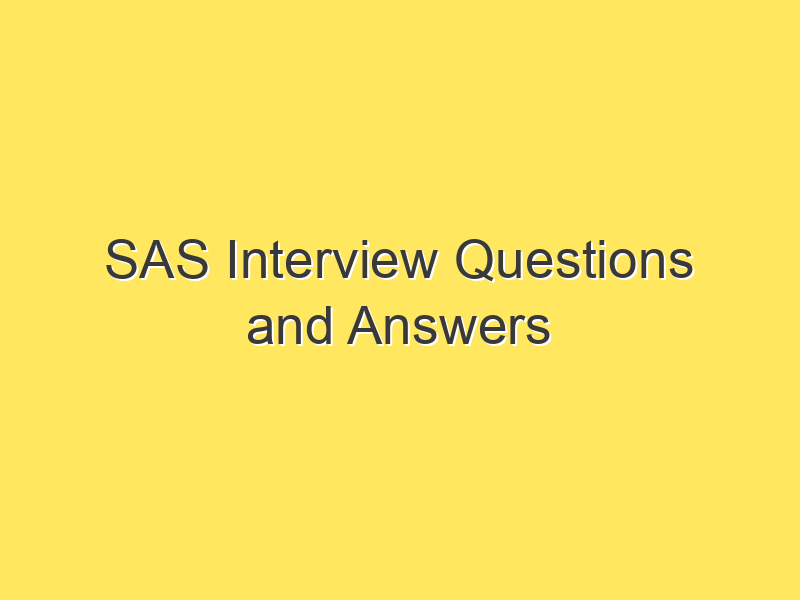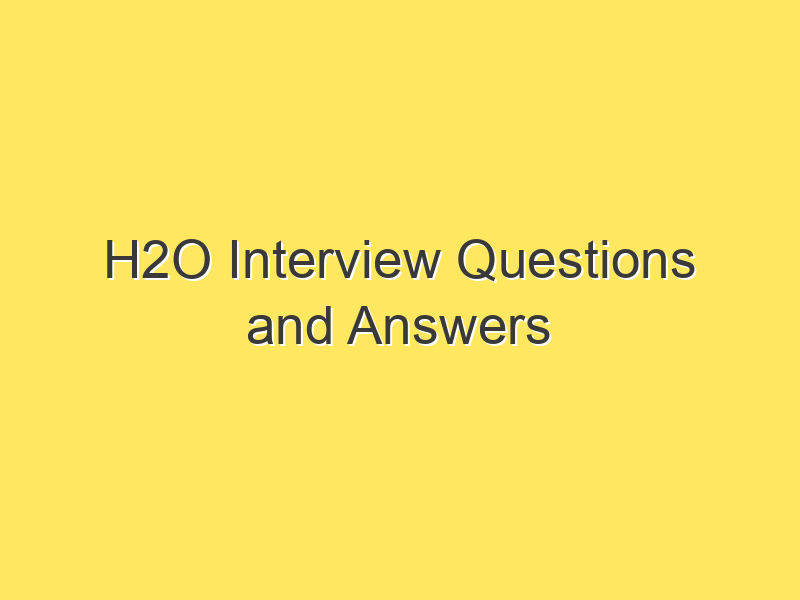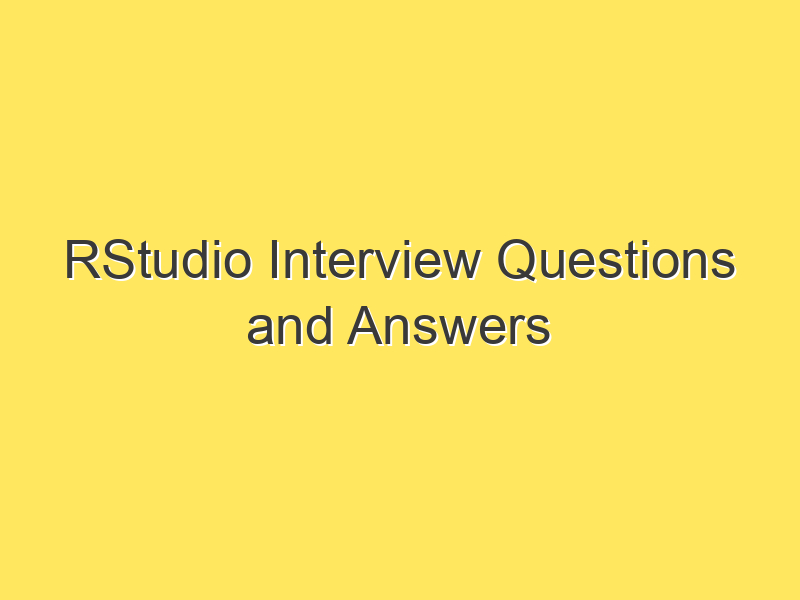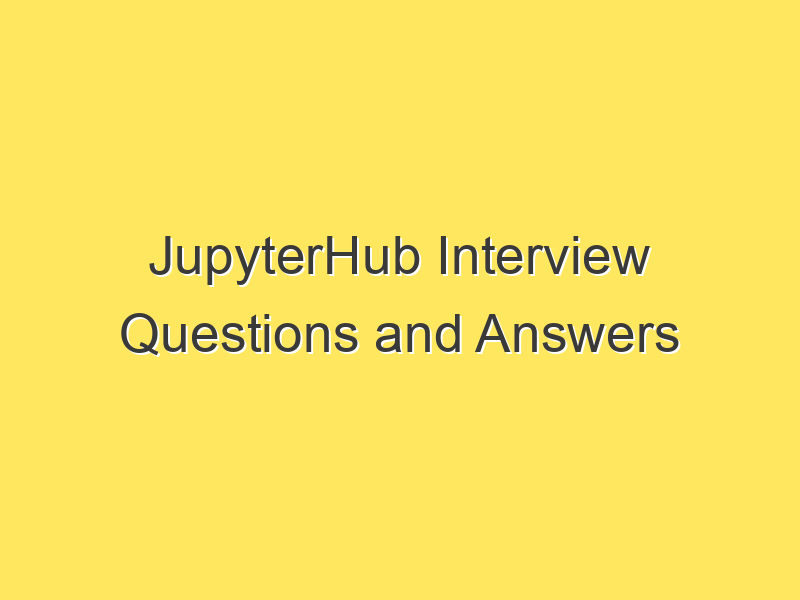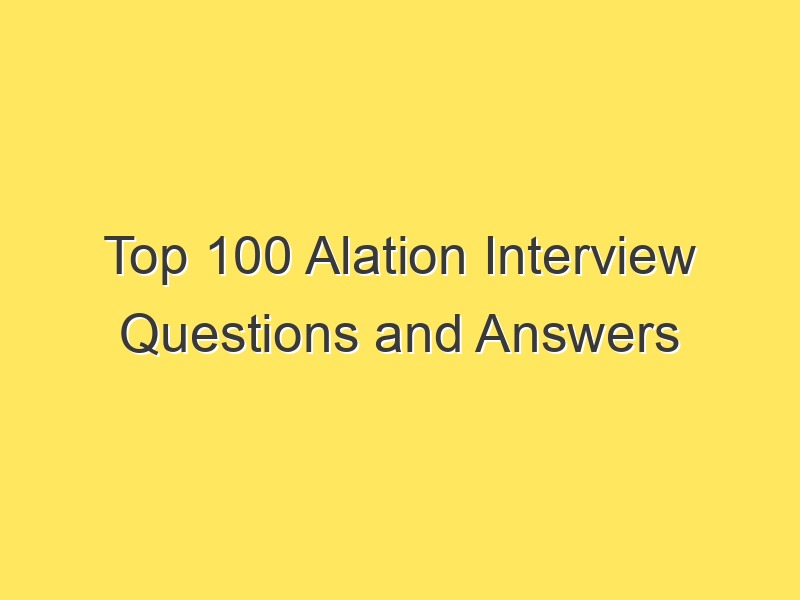Business Analyst Interview: Common Questions and Answers
A business analyst plays a pivotal role in bridging the gap between business objectives and technology solutions. As such, business analyst interviews can be demanding, covering a wide range of topics from problem-solving to domain knowledge. In this article, we’ll explore common business analyst interview questions and provide sample answers to help you prepare effectively.
Post Contents
General Questions
1. Can you explain the role of a business analyst in a project?
Sample Answer: “A business analyst acts as a liaison between stakeholders and the development team. They gather and analyze business requirements, identify opportunities for process improvements, and translate these into actionable recommendations and functional specifications.”
2. What are some key skills that a business analyst should possess?
Sample Answer: “A business analyst should have strong analytical, communication, and problem-solving skills. They also need to be proficient in requirements elicitation, documentation, and have domain knowledge relevant to the industry they’re working in.”
Requirements Elicitation
3. How do you gather requirements from stakeholders?
Sample Answer: “I employ various techniques such as interviews, surveys, workshops, and brainstorming sessions to engage with stakeholders. I focus on open-ended questions to uncover both stated and unstated needs, ensuring a comprehensive understanding of the requirements.”
4. How do you prioritize requirements?
Sample Answer: “I use techniques like MoSCoW (Must-haves, Should-haves, Could-haves, Won’t-haves) to prioritize requirements. I work closely with stakeholders to understand their priorities and align them with project goals and constraints.”
Problem Solving
5. Can you describe a challenging problem you’ve encountered and how you resolved it?
Sample Answer: “In a previous project, we faced scope creep due to continuously changing requirements. I initiated regular stakeholder meetings to clarify and document requirements. By creating a change control process and involving stakeholders in prioritization, we successfully managed scope and delivered the project on time.”
6. How do you handle conflicting requirements from different stakeholders?
Sample Answer: “I organize meetings with conflicting stakeholders to understand their perspectives and find common ground. I prioritize requirements based on their impact on project goals and align them with the organization’s strategic objectives.”
Technical Knowledge
7. Do you have experience with specific business analysis tools or methodologies?
Sample Answer: “Yes, I’m proficient in using tools like Microsoft Visio for process modeling and JIRA for requirements management. I’m also well-versed in Agile and Waterfall methodologies, adapting my approach based on the project’s needs.”
8. How do you ensure the feasibility of a solution from a technical perspective?
Sample Answer: “I collaborate closely with the technical team to validate the proposed solution. I review the technical architecture and engage in discussions to address any concerns or constraints. This ensures that the solution aligns with the organization’s technical capabilities.”
Communication Skills
9. How do you ensure clear communication between stakeholders and the development team?
Sample Answer: “I maintain open and transparent communication channels. I create detailed documentation, including user stories, use cases, and wireframes, and facilitate regular meetings to review progress, address questions, and ensure that the development team has a clear understanding of the requirements.”
10. Can you provide an example of a challenging conversation you’ve had with a stakeholder?
Sample Answer: “In a previous project, a stakeholder requested a feature that was out of scope and would significantly delay the project. I had to explain the impact on the project timeline and budget while proposing alternative solutions that still addressed their needs. Through active listening and providing data-driven insights, we reached a consensus on a more viable solution.”
Domain Knowledge
11. How important is domain knowledge for a business analyst?
Sample Answer: “Domain knowledge is essential because it allows a business analyst to understand industry-specific processes, challenges, and trends. This knowledge helps in better requirements gathering, as well as in offering relevant solutions that align with the business’s objectives.”
12. How do you acquire domain knowledge for a new project?
Sample Answer: “I start by researching the industry, studying relevant documentation, and conducting interviews with subject matter experts. I also attend industry conferences and workshops to stay updated on emerging trends and best practices.”
Conclusion
Preparing for a business analyst interview involves a mix of technical knowledge, problem-solving abilities, and effective communication skills. These sample answers provide a foundation for your interview preparation, but remember to tailor your responses to your specific experiences and the job requirements. Additionally, practicing behavioral interview questions and scenarios can help you demonstrate your skills and experiences effectively during the interview. Good luck!

